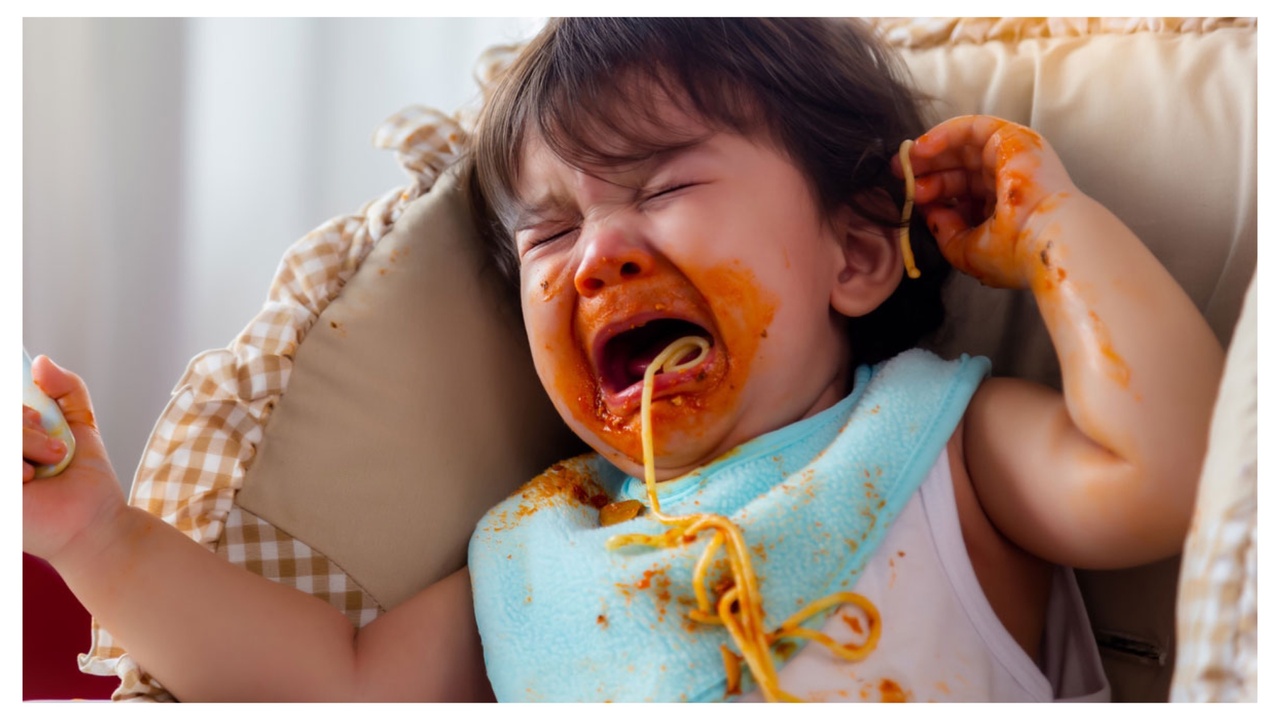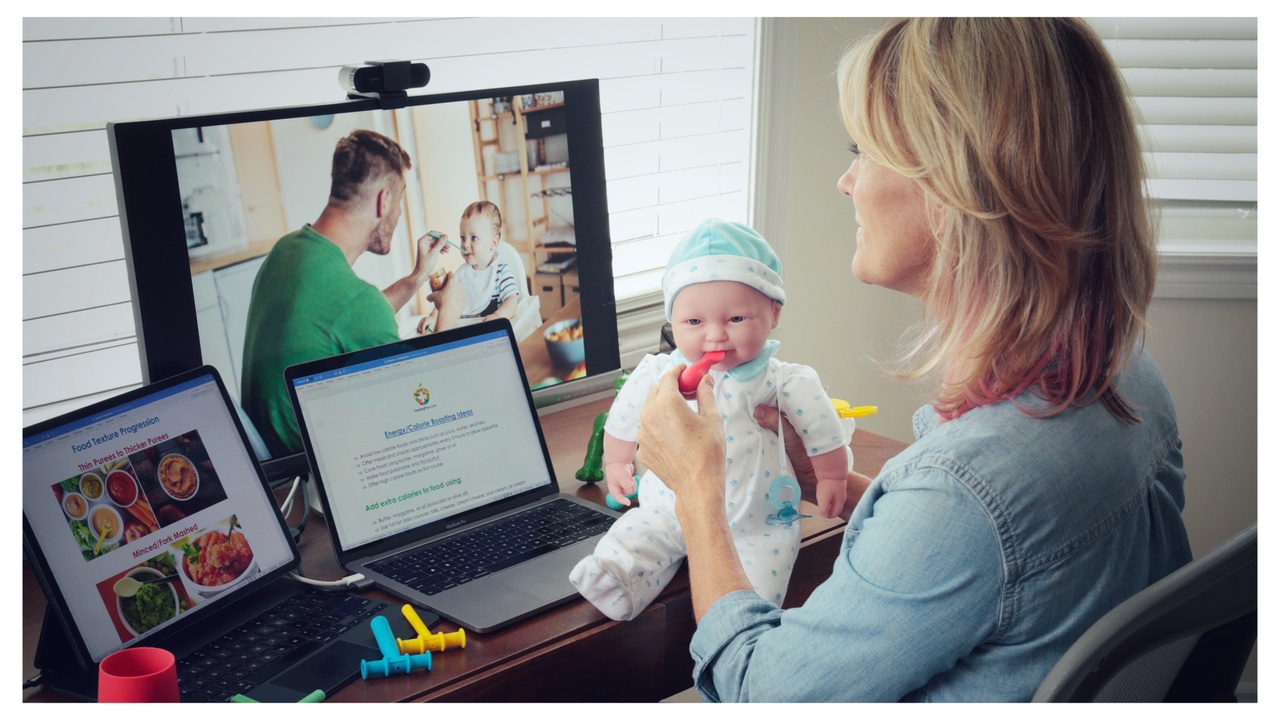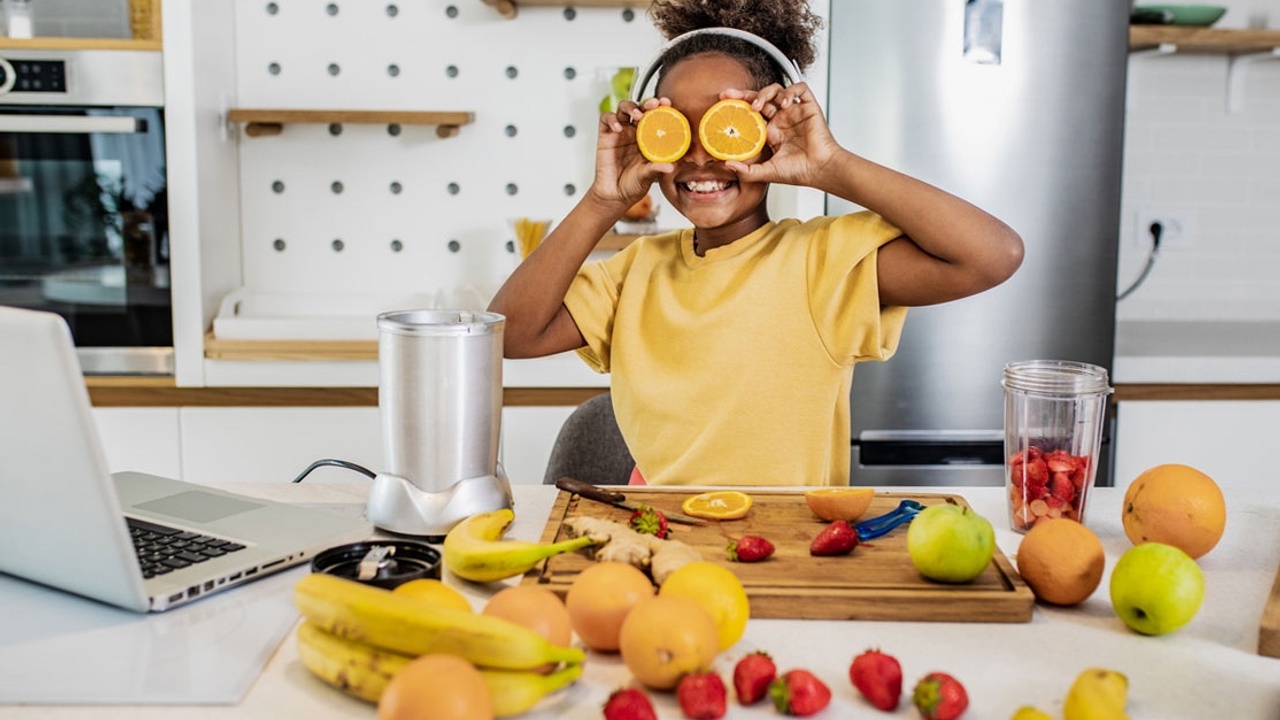Parent video course - "From Mealtime Stress to Success"
A practical, parent-friendly, self-paced video course to help you reduce mealtime stress, support picky eaters, and create calm, happy family meals - without pressure or power struggles.
Join the CourseSign Up for FeedingPlus News!
Sign-up for free tips, resources, and events








